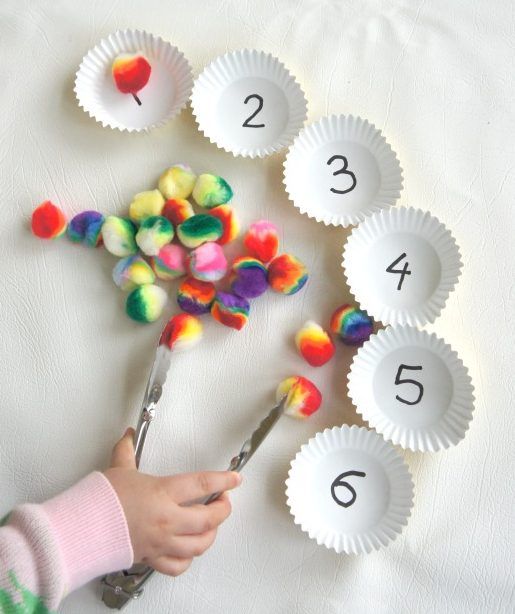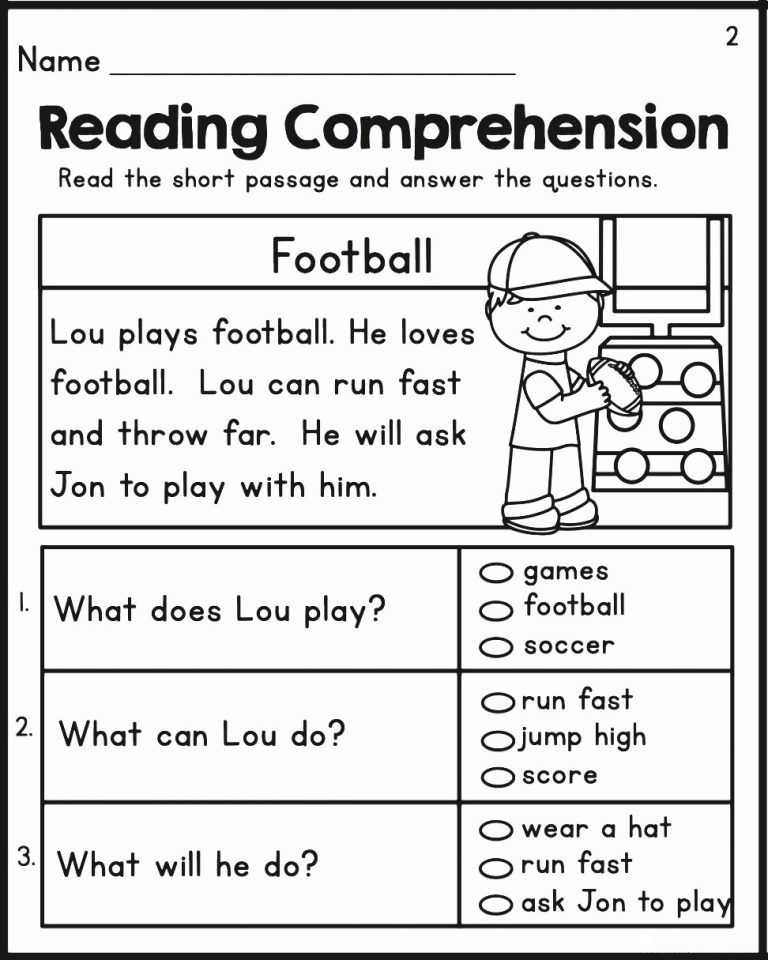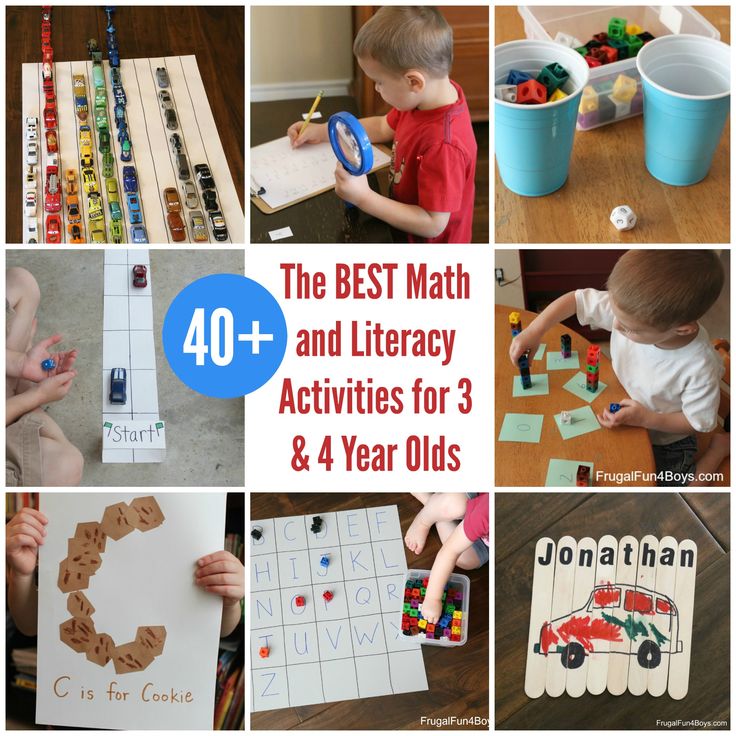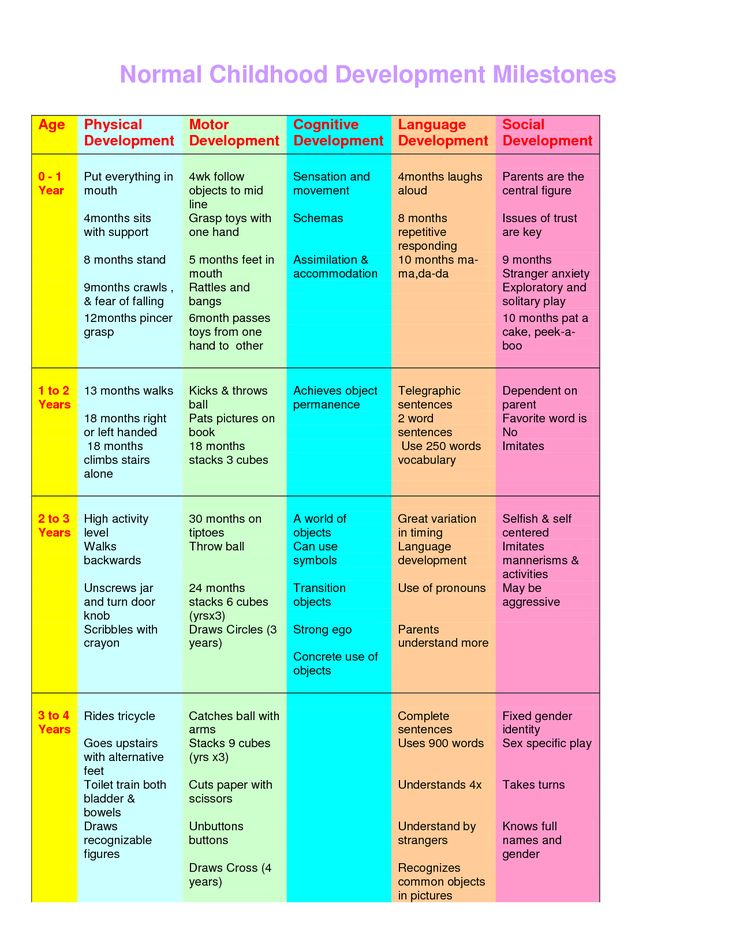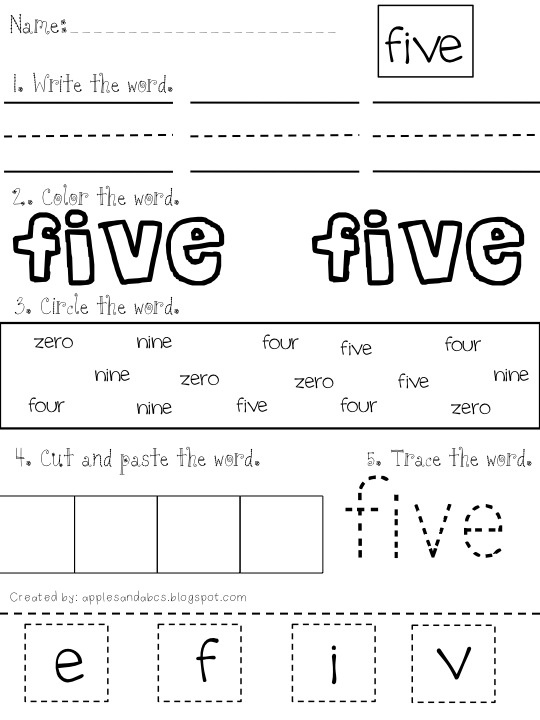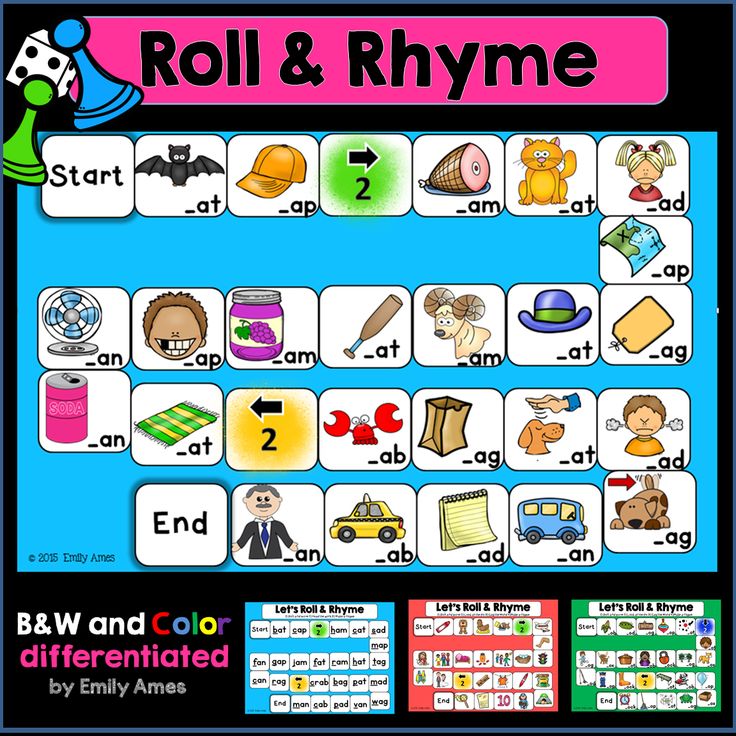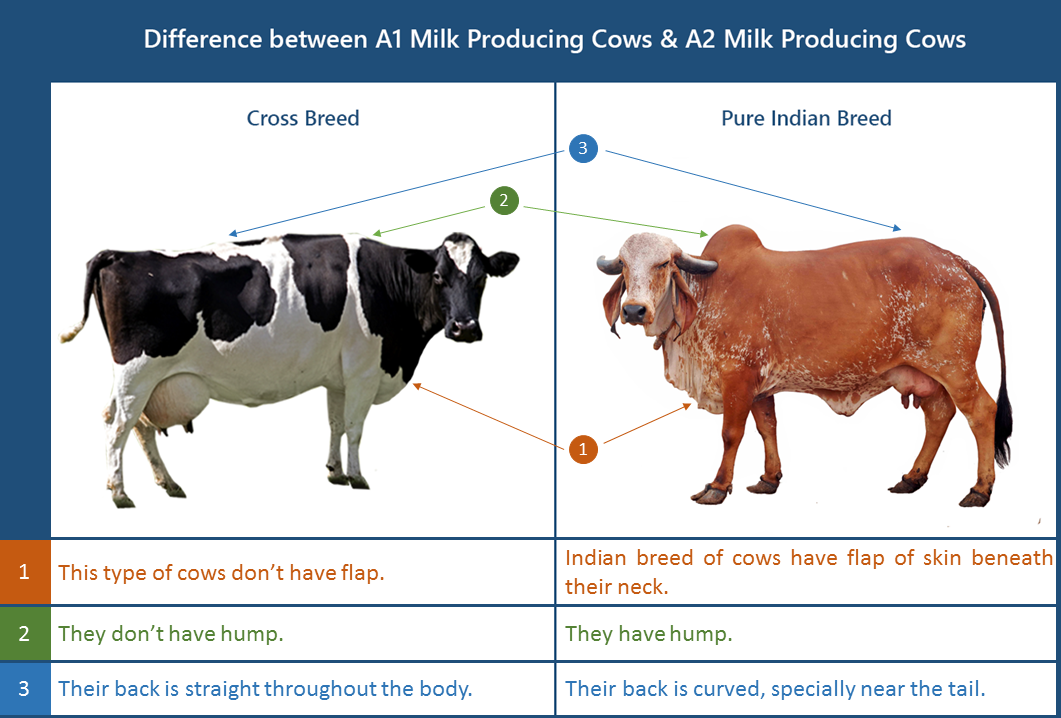Skills preschoolers learn
The 10 Most Important Skills for a Preschooler’s Development
January 15, 2020
A child’s preschool years are a time of critical growth in all developmental areas: adaptive, cognitive, language, physical and social.
Most children are at least three years old when they begin preschool and remain in preschool for approximately two years before entering kindergarten.
Here in this article, we’ll introduce you to the skills developed during a child’s preschool years and how preschool teachers help children to develop into their greatest potential.
WHY IS PRESCHOOL IMPORTANT?At our preschool in Harrisonburg, VA, our nurturing teachers personally invest in every student to make sure your child receives a holistic developmental foundation that will prepare them for their next steps in life.
During a child’s first five years, their brains develop faster and more significantly than during any future time in their life.
That’s why supplementing your at-home parenting with the expert support of a preschool teacher—as well as providing your child with social interactions with preschool classmates—is such an invaluable investment in your child’s future.
WHAT SKILLS SHOULD CHILDREN DEVELOP IN PRESCHOOL?
Preschool provides your child with the opportunity to broaden and deepen their essential skills which will ready them for a life of learning and empower them to make positive contributions to the world around them.
Here are ten skills your child should develop in preschool:
- Emotional Development
Your child’s preschool experience should contribute to helping them to understand his or her feelings as well as understand the feelings of others.
This includes both learning to recognize feelings and to manage those feelings and their associated behaviors.
- Social Skills
Through collaborative play and learning alongside each other, preschool children learn how to respect and get along with others which further develops their language skills, self control and overall social skills.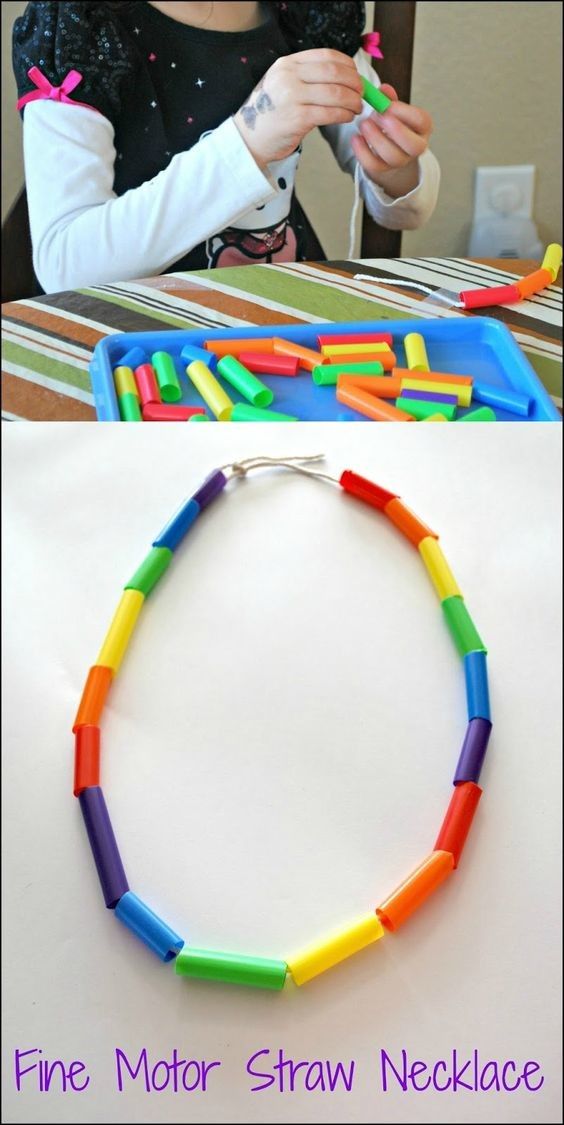
Teachers guide children through resolving conflicts that may arise during creative play or structured learning projects.
- Early Literacy Development
By the age of three, children can begin to learn to write their names and read simple words.
The practice they receive during preschool sets them up for success in literacy development in kindergarten and elementary school.
- Listening Skills
To be able to follow directions and to understand what is being taught to them, a child’s development of their listening skills is crucial to their overall social and academic learning. Preschool environments promote activities that grow your child’s listening skills.
- Communication Skills
Your child’s ability to ask questions, express their feelings and convey their needs, both through spoken words and through body language are of utmost importance to their ability to succeed socially and academically.
Preschool activities and their teacher’s feedback are designed to hone all of these communication skills.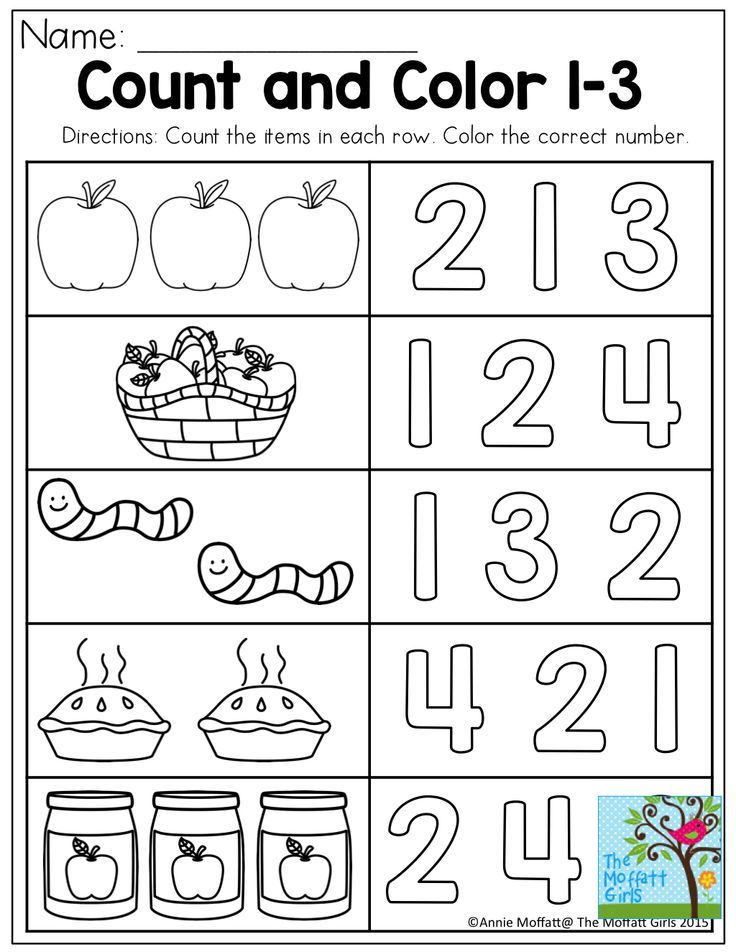
- Fine Motor Skills
Preschool-level craft activities which require children to use markers, work with scissors, sculpt objects and other dexterity-focused creative play develops children’s fine motor skills which will be necessary for more complex projects as they get older.
- Attention Span
We all can sympathize with how difficult it is for young learners to sit still and pay attention for more than a few minutes.
The structured but nurturing environment of a preschool is key for children to develop their attention spans in preparation for the more challenging classroom environments ahead.
- Early Math Skills
Learning to recognize numbers and begin counting things during preschool helps children to begin to comprehend how mathematics is used in the world and provides their foundation for each subsequent year’s more complex mathematical curriculum.
- Problem-Solving Skills
Every aspect of life demands problem-solving skills.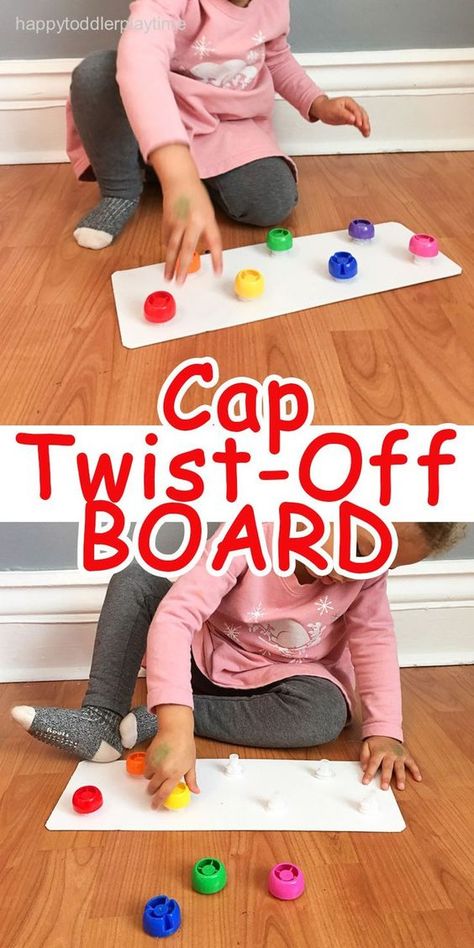 Foundational to success in school, personal relationship and in even life’s simplest of activities, problem-solving skill development should begin in preschool.
Foundational to success in school, personal relationship and in even life’s simplest of activities, problem-solving skill development should begin in preschool.
Teaching and stretching children’s problem-solving skills can occur through personal interactions, games and assignments.
- Creativity
When a child is encouraged to self-express through creativity, they build confidence in themselves and can approach challenges from new perspectives.
Creative activities help children to develop their individual sense of self and can be a way for the adults in childrens’ lives to celebrate each child’s uniqueness.
At preschools where children are given a great deal of personalized attention, such as ours at Cornerstone Christian School in Harrisonburg, VA, teachers ensure your children are supported in every area of their learning.
According to the individual and unique interests of each child, preschool teachers design lessons, educational games and other activities that engage and grow your children’s love for learning and support your child’s development in all of the skills described above.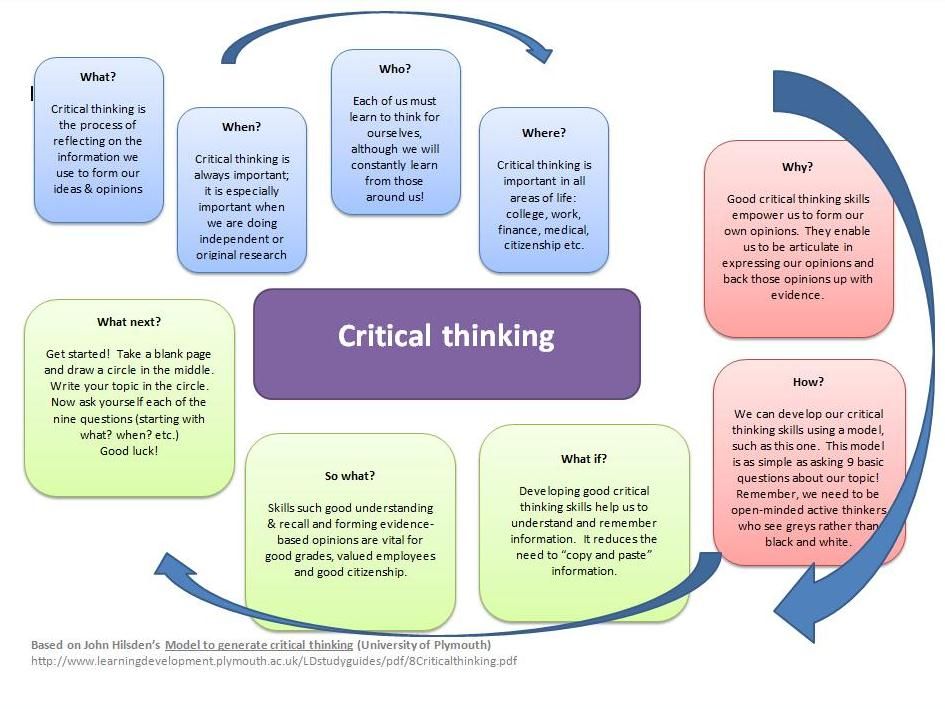
Preschool teachers also ensure that the Early Learning Standards of their state are applied to classroom curriculum.
These are standards which state what children are expected to know and to be able to do by a certain age. You can view more the Virginia Department of Education’s early childhood curriculum and instruction.
Here are a few examples of the ways preschool teachers help children to develop age-appropriate skills:
Thinking Skills Development:
-
- Ask children questions that will expand their thinking
- Provide opportunities to explore engaging materials
- Suggest ways children can make their thinking and playtime more challenging or complex
Language Skills Development:
-
- Introducing new vocabulary
- Asking questions that require more than a yes or no answer to stretch your children’s use of spoken language
- Reading stories and encouraging children to make up their own storylines
- Designing collaborative games that require conversations or other language exchanges among classmates
Reading Skills Development:
-
- Supporting children in learning the alphabet
- Providing engaging materials that illustrate examples of writing
- Singing songs, playing rhyming games and reading books with fun language
- Labeling items in the classroom to help children connect written words with spoken language
Writing Skills Development:
-
- Helping children to practice writing letters of the alphabet and spelling their names
- Encouraging children’s writing by providing a fun assortment of paper and writing tools
- Giving children different kinds of paper and writing tools, like crayons, markers, and pencils
- Encouraging children to write as part of their everyday activities
- Teaching children to spell words of objects they encounter in the classroom
Math Skills Development:
-
- Providing assorted engaging objects for children to count and sort
- Point out numbers that exist throughout a child’s day: inside the classroom, outdoors and on food packages during snack time
- Encourage children to compare and measure different objects
LEARN MORE ABOUT OUR PRIVATE CHRISTIAN SCHOOL IN HARRISONBURG
At our Christian Pre-K school in VA, we offer students a variety of ways to grow as individuals and to feel a true sense of belonging as a member of their class.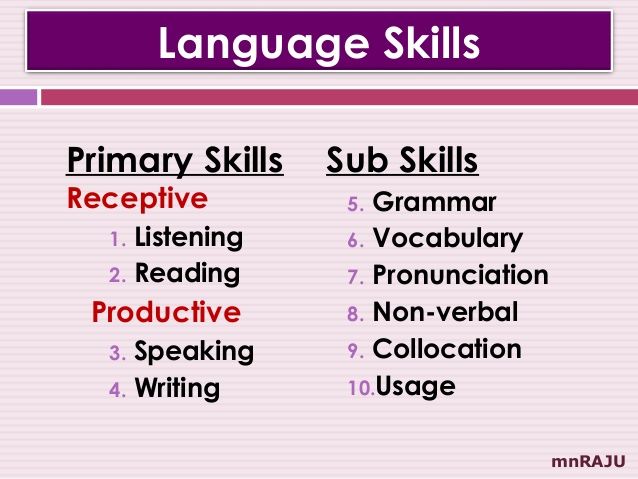
Cornerstone Preschool operates in accordance with the regular Cornerstone Christian School calendar. Hours of operation are 8:30 a.m.–3:05 p.m. Monday through Friday.
Scheduling within that time period is flexible, based on the needs of students and their parents. Children who are 5 and older can also attend Cougar Care, an afternoon daycare program which is available from 3:05 to 5:30.
Visiting us in person is the best way to understand the investment of a lifetime that you can make for your child’s future through enrollment in our Christian school.
Let us host you for a private visit, or, stop by during one of our open houses. If you have any questions before your visit, you can contact our Development Director Stephanie Shafer directly by email at [email protected] or by phone at (540) 432-9816.
We look forward to welcoming you!
16 Things Kids Learn in Preschool
- Share
Ever wondered what your kids are really learning at preschool when it seems like they’re just playing all day? The good news is that if it seems like they’re “just playing” then the school is doing something right!
Learning during the first 6 years is about building skills through play.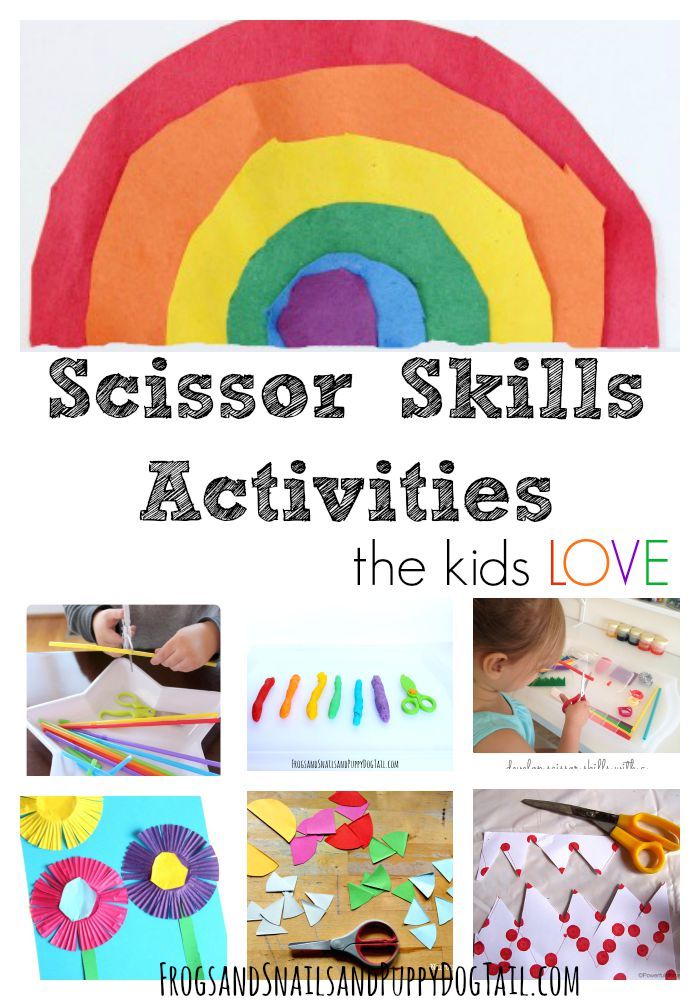
This does not only apply to babies and toddlers. Preschoolers learn best through play, when using their whole body and engaging the senses.
You may be wondering what a preschool curriculum should include or what subjects are focused on. This is not really that important. There is no curriculum-in-a-box, but rather a set of abilities and skills a preschooler should develop.
Some preschools choose to use set themes around which to plan play activities; others let themes develop naturally (learning about caterpillars when a child finds one in the garden).
A good quality preschool will give your children a well-rounded education through a balance of free play and well-planned, adult-guided play.
So, what do kids learn in preschool? Here are 16 things.
1. Gross Motor SkillsPhysical development starts with developing gross motor skills – the large muscles of the body.
At preschool, your children will be moving nonstop.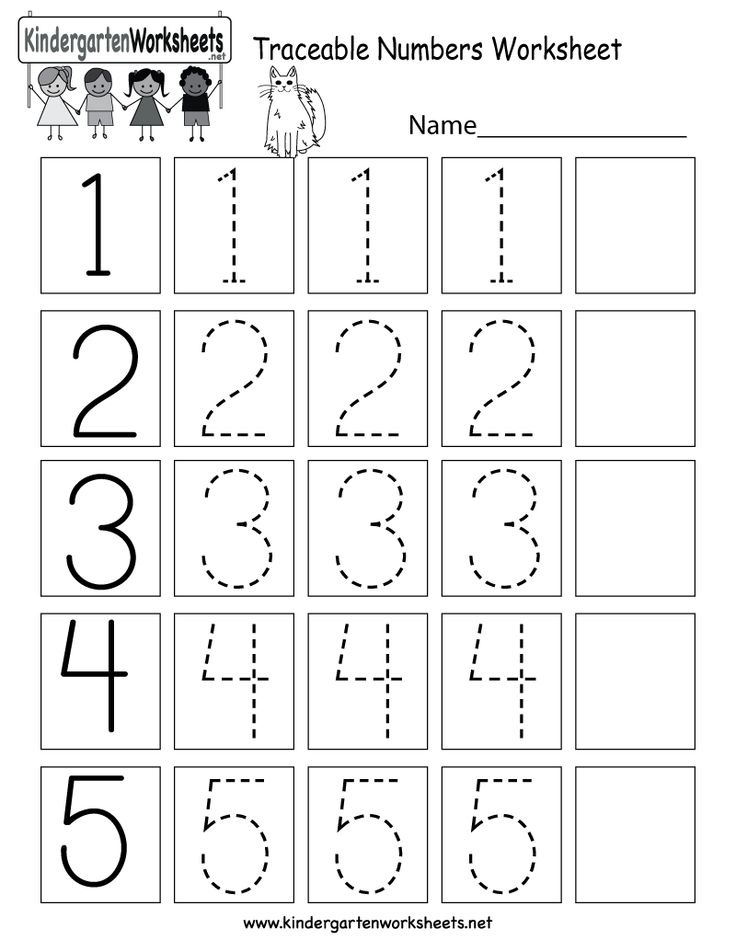 Movement is the most important skill to develop first in the early years as it is necessary for all other learning.
Movement is the most important skill to develop first in the early years as it is necessary for all other learning.
Children must develop skills such as strength, hand-eye coordination and agility.
They also need to develop two important senses – vestibular and proprioception – responsible for balance and body awareness.
Movement is important as it stimulates learning, improves concentration, gives the brain oxygen and works both sides of the brain. Good gross motor skills also lay the foundation for fine motor skills.
Some examples of gross motor activities:
- Throwing and catching balls
- Playing hopscotch
- Singing action songs
- Playing with bean bags
- Balancing on beams
- Climbing and hanging
- Skipping and hopping
- Running and chasing games
Fine motor coordination – the development of the small muscles – is a prerequisite to learning how to write and is necessary for performing everyday tasks.
In preschool, children spend a large portion of their day working on these skills.
Fine motor skills are developed through all kinds of art activities, such as:
- Drawing
- Painting
- Cutting
- Pasting
- Box construction with waste materials
They can also be developed with other fine motor activities such as:
- Pegboards
- Puzzles
- Threading and lacing
- Playing with pegs
- Playing with construction toys (Lego is great)
- Moulding playdough
Developing a pencil grip and learning to form letters starts with all these kinds of fine motor activities.
3. Early Mathematical ConceptsPreschool is where the foundations for mathematics begin. No child ever learns maths in the first grade. The type of maths they learn just becomes more formal.
In the preschool grades children learn:
- Rote counting (such as counting up to 20)
- One-to-one correspondence (reliably counting objects)
- Classifying
- Sorting
- Length
- Capacity
- Weight
- Area
- Temperature
- Time
- Space
- Shape
These concepts are learned while having pure fun – in the sandpit, while baking, playing with water, building with blocks and even while tidying up.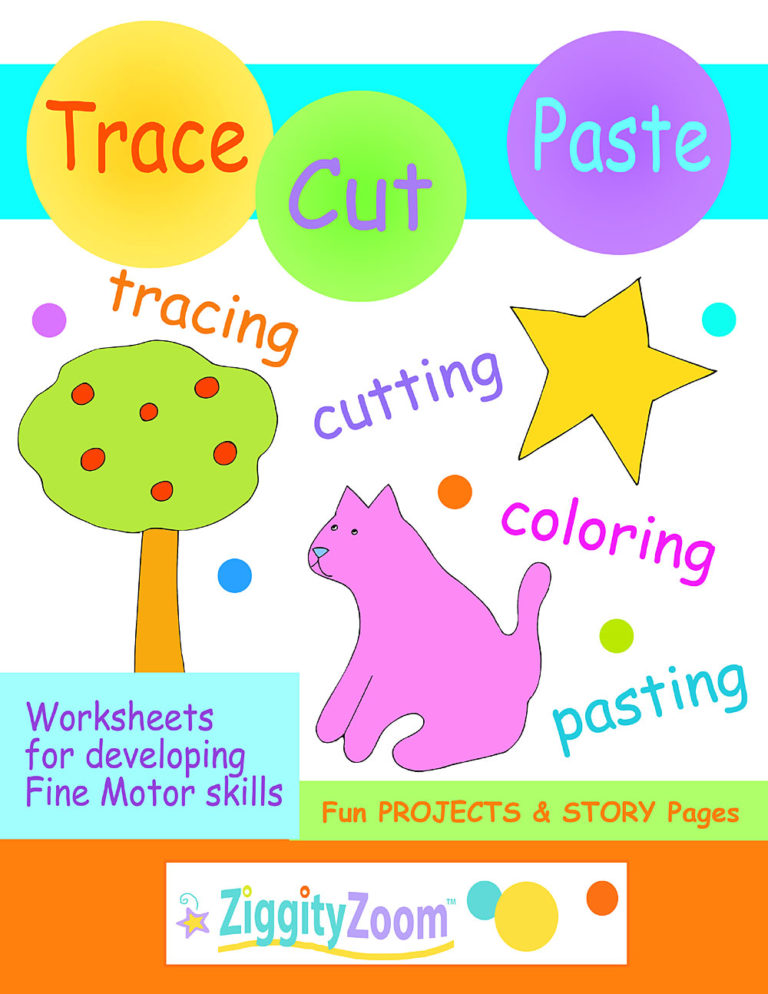
Problem solving is an important life skill and one that must be developed early on. Learning this in preschool also helps children with mathematical problem solving during the formal grades.
Problem-solving skills are built during simple activities such as:
- Construction play
- Building puzzles
- Playing board games
- Resolving problems during social play
Preschool is a language-rich environment where children’s vocabulary expands dramatically.
They learn sentence construction, the use of grammar and tenses, the meaning of words, etc.
Language and vocabulary are learnt throughout the day while:
- Having circle time discussions.
- Singing rhymes and songs.
- Playing games.
- Playing alone and with friends.
- Learning about a theme.
- Playing with toys, equipment and other materials.
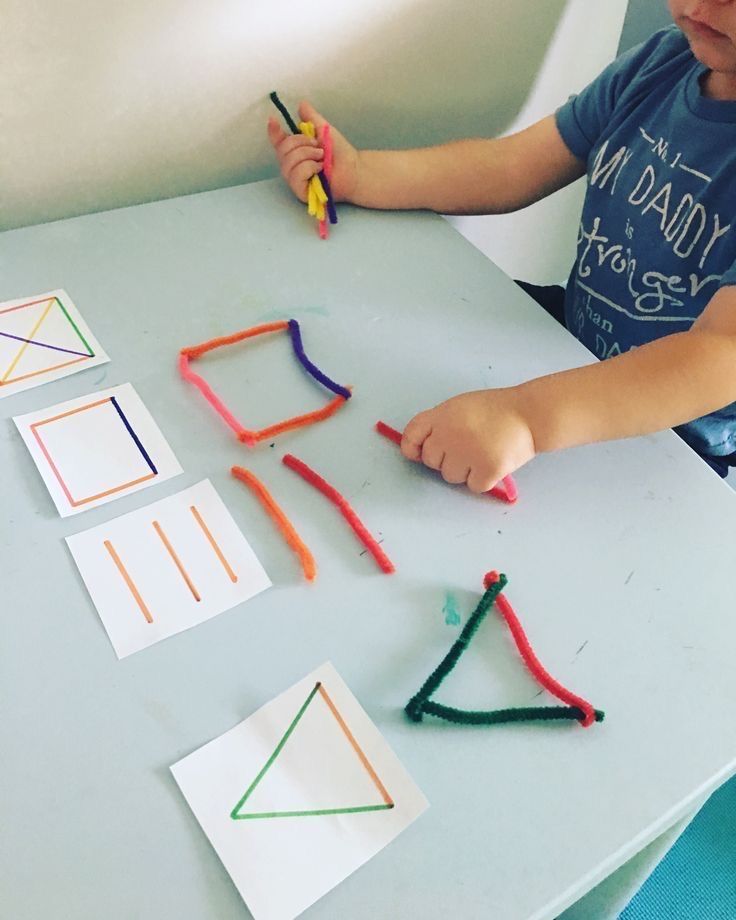
- Listening to stories.
Writing starts with developing important pre-writing skills through play and art activities.
These four skills are specific requirements for learning to write and will be the focus during preschool:
- Pencil grip
- Crossing the midline
- Learning about letters and their formation (through play, not formal writing)
- Learning to form patterns (for example drawing big waves or zig-zags which mimic the shapes found in letters)
Listening is one of the most important and often underdeveloped skills. This should be a focus area during preschool.
Children learn to listen by doing these kinds of activities:
- Listening to stories
- Playing games such as Broken Telephone or I Spy
- Following instructions
- Class discussions
- Music activities
Although your children are learning to listen at school, it is highly recommended to focus on these skills at home too.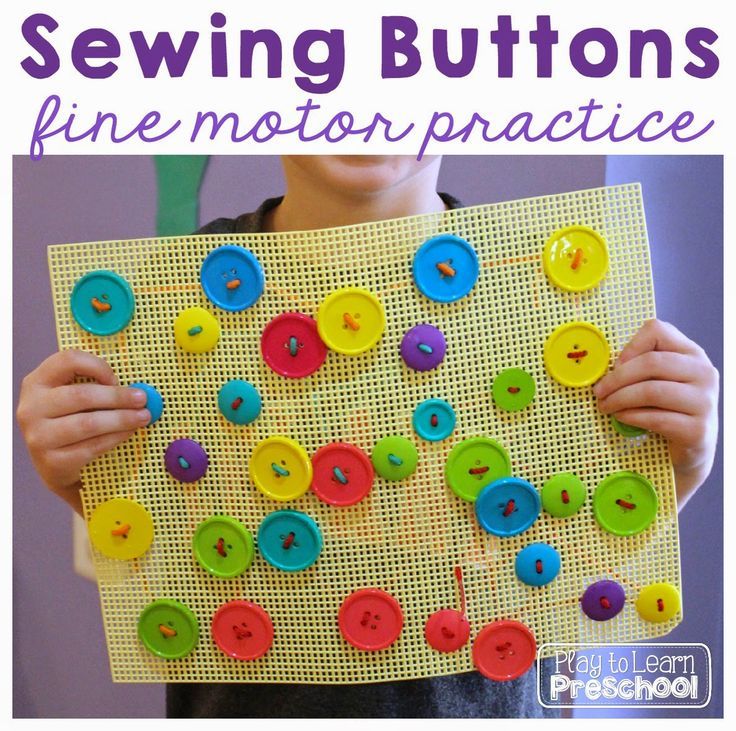 Children with good listening skills are much more successful and capable at school.
Children with good listening skills are much more successful and capable at school.
Here are some listening games you can play at home.
8. Musical SkillsMusic in preschool is about so much more than just developing musical skills.
Music develops children’s:
- Vocabulary
- Understanding of rhyme, syllables and sounds
- Auditory perception
- Concentration
- Fine motor skills (finger plays)
- Gross motor skills (action rhymes)
- Mathematical skills (counting rhymes)
- decision-making skills (games such as musical chairs)
Visual and auditory perception are the two main building blocks of learning to read.
Children develop their visual perception during preschool with the following types of activities:
- Activities that teach about shapes and colours
- Patterning activities
- Puzzles and tangrams
- Card games
- Memory games
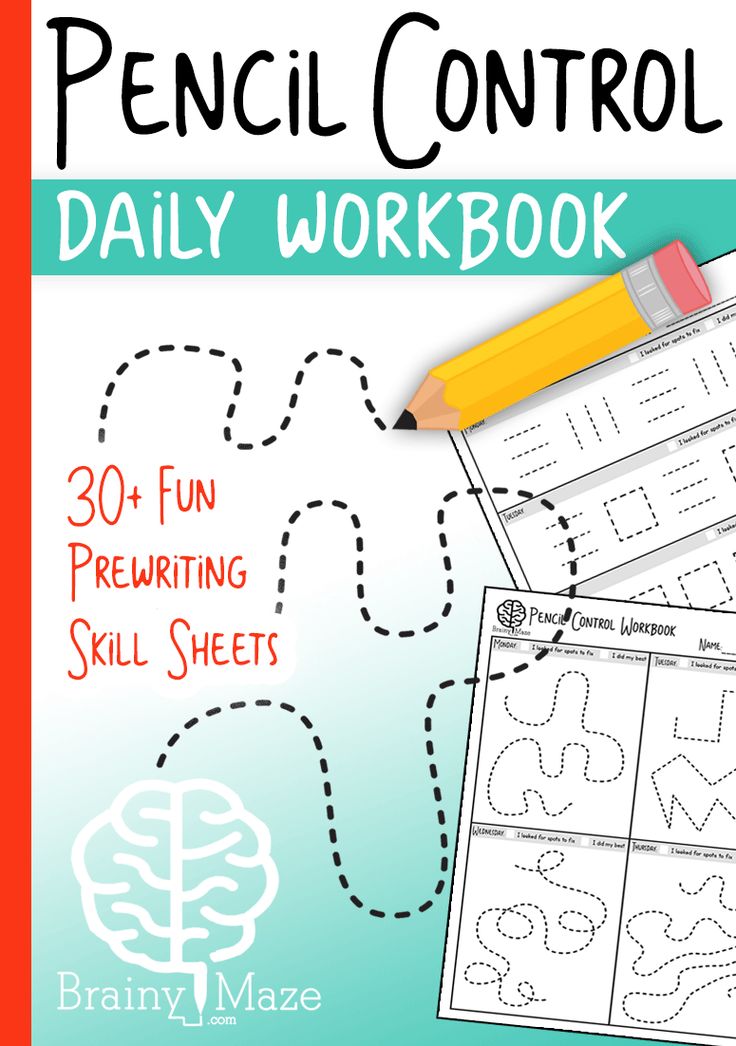 Auditory Perceptual Skills
Auditory Perceptual SkillsAuditory perception is the brain’s ability to make sense of what the ears hear. It is vital for being able to learn sounds for reading.
These kinds of activities develop auditory perception:
- Reciting rhymes and poems
- Playing with instruments
- Playing sound games
- Playing word games
During preschool children develop all the necessary pre-reading skills to set them up for learning to read formally.
Learning to read requires developing sound knowledge (auditory perception) and symbol knowledge (visual perception), as explained above.
These are the five main pre-reading skills:
- Print awareness – understanding that written words convey meaning.
- Motivation to read – exposure to books that ignites a desire to read.
- Listening comprehension – the ability to understand what is heard.
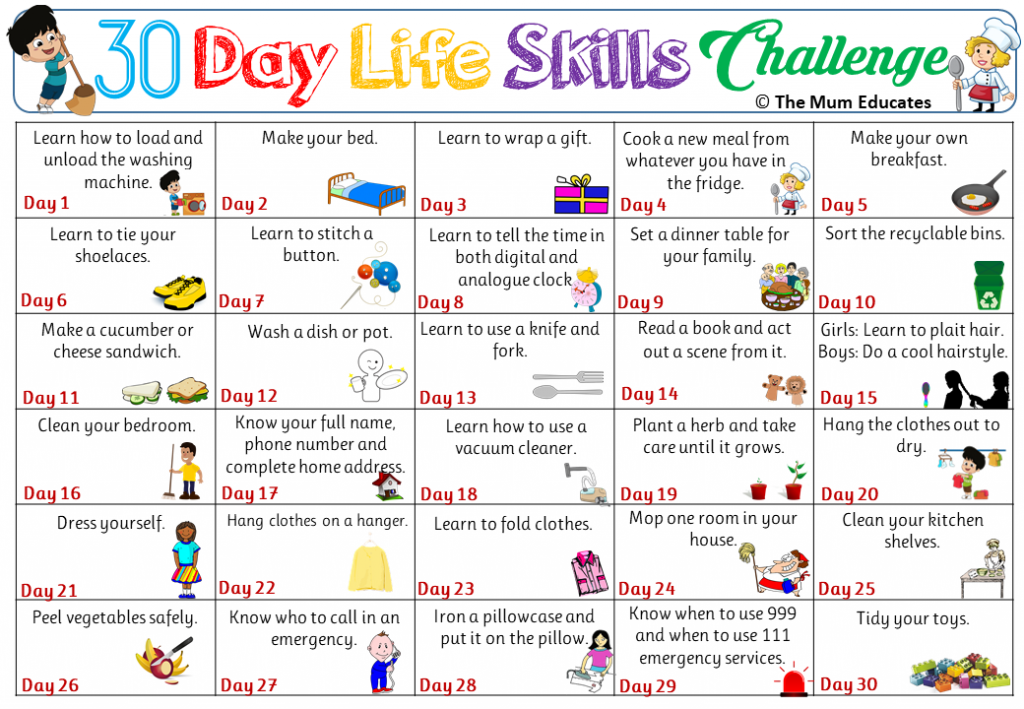
- Letter knowledge – informal exposure to letters and their sounds during play.
- Phonological awareness – being able to hear sounds in words (beginning, middle and end sounds).
Children are exposed to these kinds of activities:
- Playing rhyming games
- Playing word games
- Games involving hearing syllables
- Playing listening games
- Following instructions (single and multiple instructions)
At school, children also strengthen their memory, a skill they will rely on for learning throughout their education.
These are the kinds of games that are often played in preschool classes:
- Memory card games (get your own cards by downloading the FREE set of printables at the end of the post).
- Circle memory games such as “I went to the shops and I bought a…”. Each child has a turn to add an item, but must first recall the entire list before adding their item.
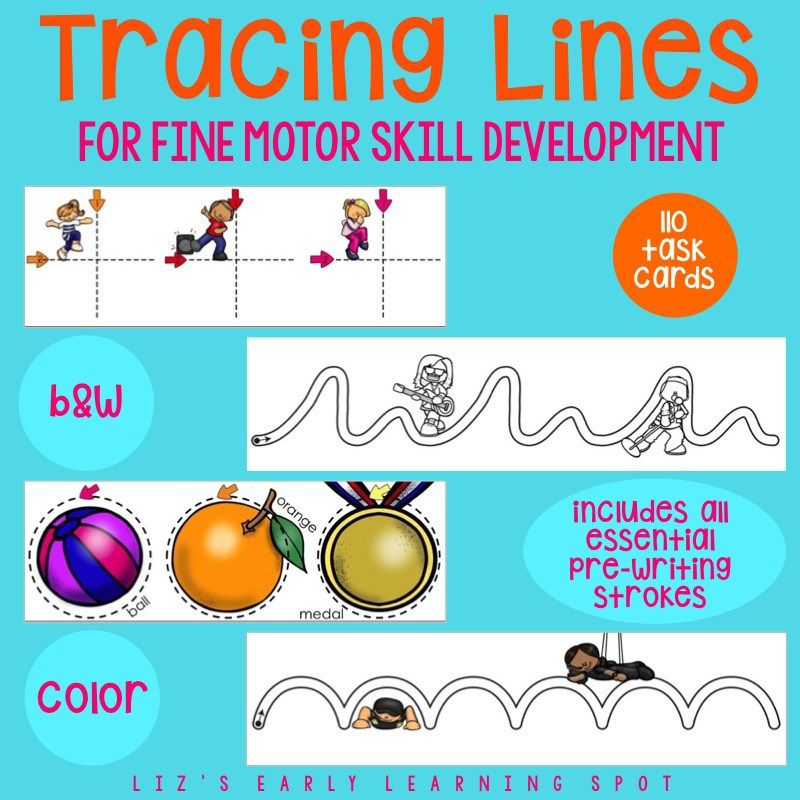
- List games such as “Categories”. Pick a category (e.g. fruits) and go around the circle asking each child to add the name of one fruit. No fruits may be said twice so children must remember which ones were already mentioned
As children explore and interact with their environment and nature, they also learn about early science concepts.
A great example is learning about physics by discovering the properties of water during water play:
- Water makes sand heavier.
- Water influences the texture of sand.
- Water falls through space (e.g. through a sieve).
- Air (wind) moves water.
- Water is a liquid because it pours.
- Water takes the shape of the container it is poured into.
Where better to learn social skills than in preschool? Children are surrounded by friends and adults and they learn to interact appropriately with others.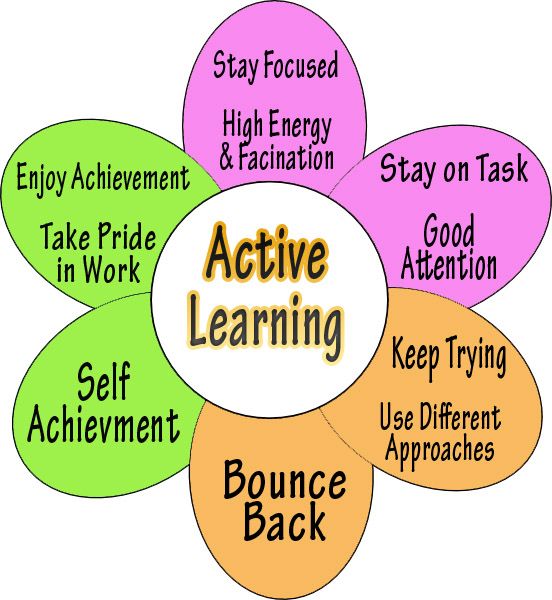
Throughout the day children learn about:
- Taking turns
- Sharing
- Considering the opinions of others
- Showing empathy
- Cooperating and negotiating
- Resolving conflicts
- Leading and following
- Creating and following rules in games to encourage positive interaction
Preschool is where a child’s creative spark can really be ignited.
There are many opportunities throughout the school day where children develop their creative expression:
- During art activities – painting, constructing, drawing
- Musical activities – dancing, singing and playing with instruments
- Playing with construction toys
- Drama and puppet play
- Telling stories
- Fantasy/ dress-up play
- Outdoor play (e.g. building forts)
Last but perhaps most importantly, the greatest takeaway for young children at preschool is their growing independence.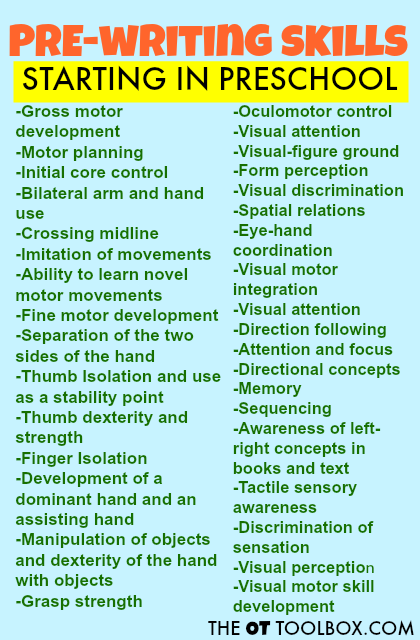
Children learn to take care of themselves and show a sense of responsibility and a desire to be competent.
There are endless opportunities for this:
- Regular tidy-up times
- Taking accountability for actions
- Looking after belongings (shoes, bags, books, etc.)
- Self-care (going to the bathroom, washing hands, etc.)
- Making choices throughout the day (during free play or activities with choice)
And there you have it. That is certainly not a complete list as your kids are learning so much but that is more or less a summary of what skills a preschooler should have.
Here is a detailed school readiness checklist if you’d like to delve into each developmental area more.
Be wary of preschools that focus on academic skills. This is developmentally inappropriate and, as you can see from the list above, play is important during the early years.
Get FREE access to Printable Puzzles, Stories, Activity Packs and more!
Join Empowered Parents + and you’ll receive a downloadable set of printable puzzles, games and short stories, as well as the Learning Through Play Activity Pack which includes an entire year of activities for 3 to 6-year-olds.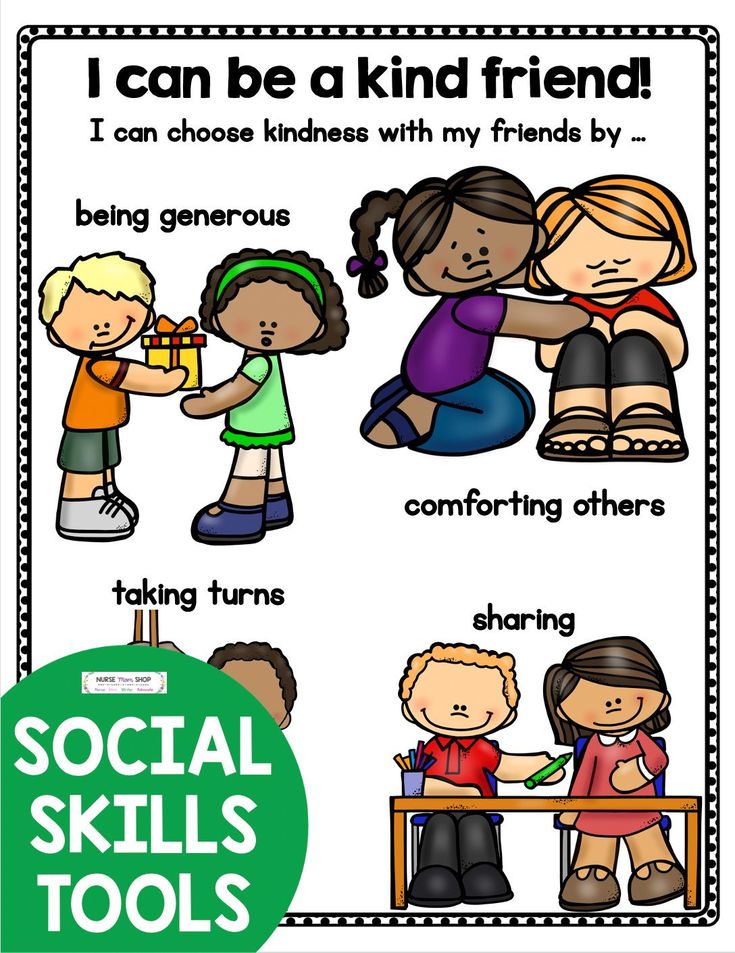
Access is free forever.
Signing up for a free Grow account is fast and easy and will allow you to bookmark articles to read later, on this website as well as many websites worldwide that use Grow.
- Share
8 skills that are useful for developing a preschooler and elementary school student
School preparation / Early childhood development
The LogicLike team talks about the skills that are important to master in preschool and primary school age in the first place.
LogicLike is an online platform for the development of children aged 5-12. We teach children to reason and work with information, develop logic and non-standard thinking. nine0003
1. Ability and desire to learn: cognitive abilities and interest in learning
Perception, attention, memory, imagination, speech, thinking are mental cognitive processes that make up the ability and desire to learn.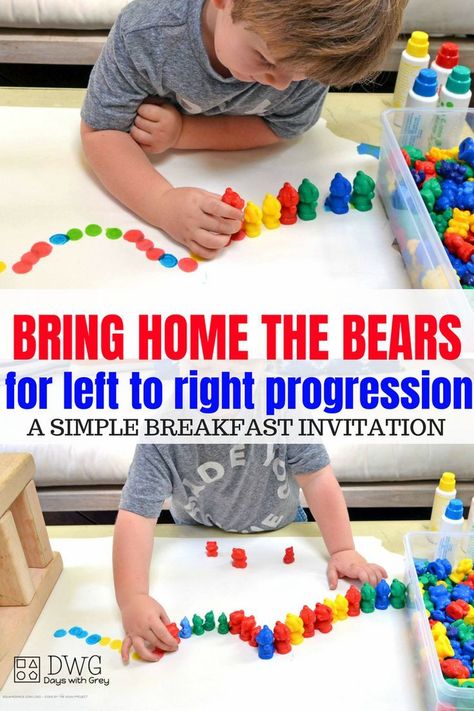 For most children, the development of cognitive interest is a natural process laid down by nature. At preschool age, inquisitive children most of all want to discover something new.
For most children, the development of cognitive interest is a natural process laid down by nature. At preschool age, inquisitive children most of all want to discover something new.
Closer to 5-7 years, the child no longer simply perceives information in finished form, as it was before. An inquisitive mind seeks to find answers to questions on its own. An inquisitive preschooler learns to bring different concepts into one system, analyzes them, compares them, looks for patterns and draws conclusions. nine0003
Hot interest and curiosity are the basis of independent motivation of a preschooler and a first grader to study.
The elementary school curriculum does not contain separate classes devoted to the development of cognitive abilities. Therefore, the task of teaching the child to learn largely falls on the parents.
High cognitive interest plus developed attention, memory, thinking and other cognitive abilities will help you get used to school without stress, become more independent, proactive and avoid chronic academic failure.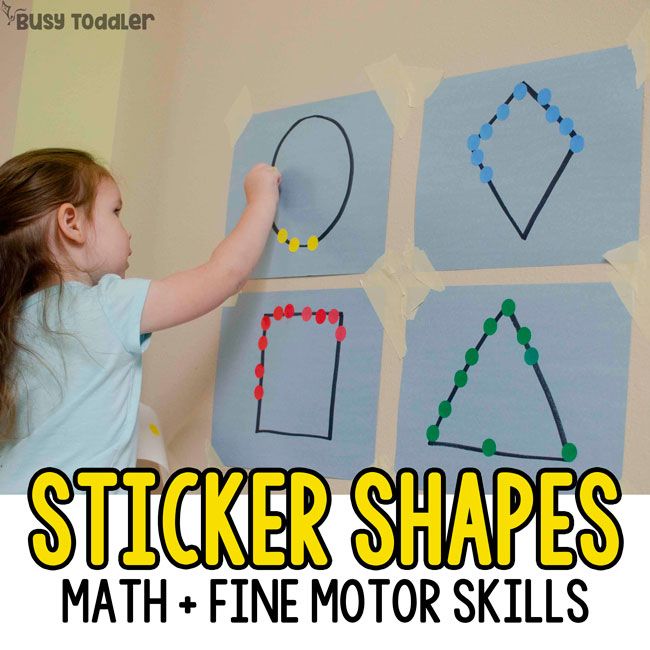 nine0003
nine0003
See also: The benefits of entertaining mathematics and solving logic problems.
The ability to learn independently cannot be overestimated. Technology is developing many times faster than it was 20 years ago, and specialists of any profession are in the race for new knowledge. Try to imagine what will happen in another 20 years.
2. Creative thinking: the ability to think outside the box, contrary to patterns
The ability to create something new, unconventional - this is how classical psychology defines the concept of "creative thinking". You should not associate it exclusively with art: extraordinary solutions are welcome in any field of activity, be it acting or mobile application development. nine0003
At the age of 5-7 years, thinking is not constrained by stereotypes and it is easier for a child to learn to be “creative”. This will help in the future to get out of any difficult situations, simply connecting creative thinking.
See also: 10 ideas and exercises to develop creativity.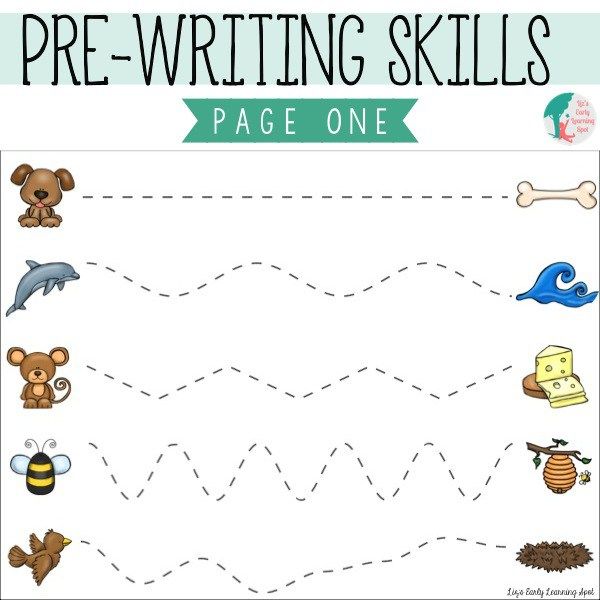
The ability to think outside the box is useful not only in everyday life. For example, engineer and ornithologist Eiji Nakatsu developed a rounded nose for a bullet train. The idea came from observing the kingfisher, a bird whose streamlined beak allows it to fish easily, plunging into the water without splashing. This train design reduced air resistance and energy costs. nine0003
3. The ability to think logically: we develop logical and mathematical intelligence
Some everyday and educational problems can be solved creatively. But in most cases, when an objective, balanced approach is needed, creativity is not enough. Logical thinking comes to the rescue:
- ability to think;
- to prove the truth or falsity of judgments;
- make informed decisions; nine0040
- explain your position to yourself and others.
When a child pumps logical thinking and mathematical abilities, he learns to use specific concepts, "weigh" options and make decisions.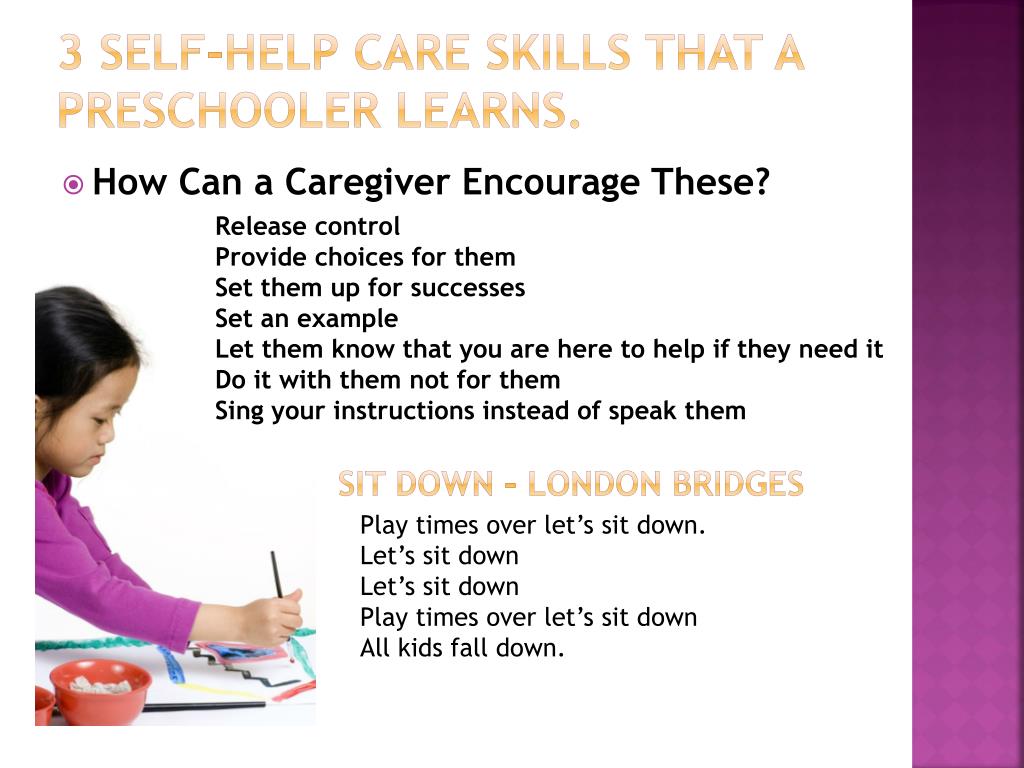
Solving entertaining logic problems is a proven way to develop logic in preschoolers and younger students. Is your child 5-7 years old? This is the perfect time to start. nine0003
Day after day, more than 100,000 students
complete 10-20 assignments on the LogicLike website. And how much can you? Choose where to start:
Riddles and questions Riddles and questions
Logic tasks Logic tasks
Children with developed logical and mathematical intelligence can easily cope with school mathematics. In grades 3-4, they win mathematical olympiads and, in general, have more chances for a breakthrough in overall intellectual development. nine0003
4. Spatial thinking and imagination: developing visual-spatial intelligence
It is possible to create 3D pictures in your head, look at them in great detail and rotate them as you like with the help of spatial thinking and imagination. By developing these abilities, the child learns to navigate in space, recognize directions of movement, determine the sides of the horizon, understand the position of objects in space and perceive their shape.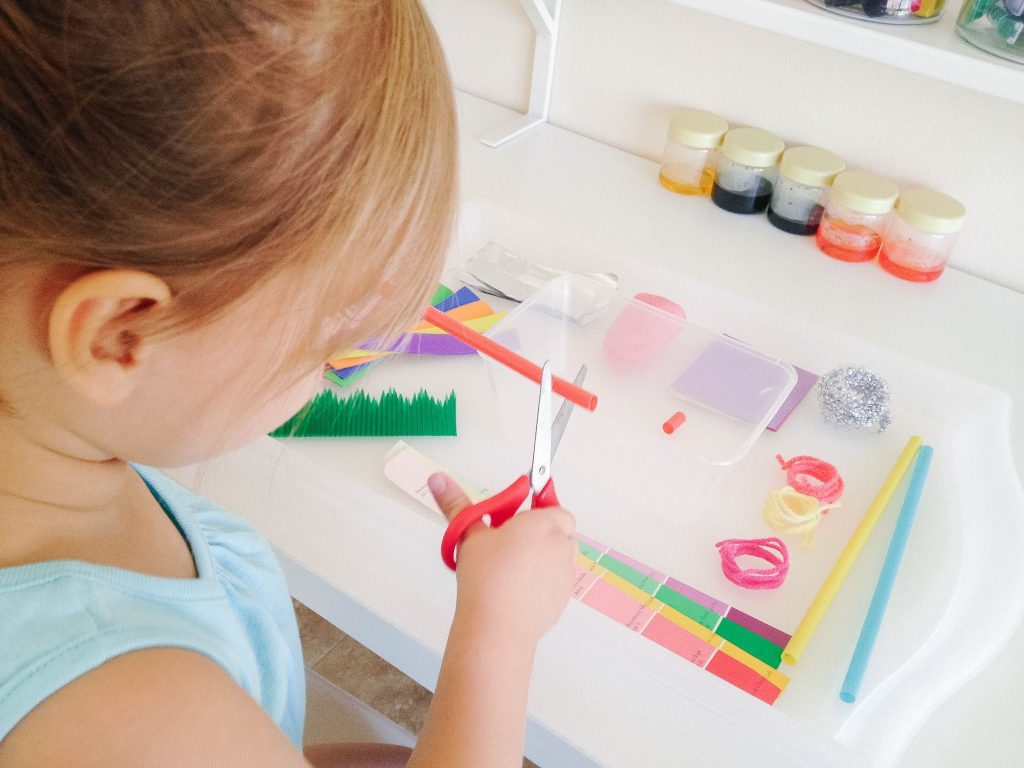 nine0003
nine0003
This is interesting: Games and tasks for the development of spatial thinking of preschoolers.
Universal skills for success in any endeavors
The ability and desire to learn, creative, logical-mathematical and spatial thinking are components of the intellect and are absolutely necessary for both children and adults. However, this is not enough to achieve success.
Special, "hard" skills (hard skills) affect a person's success in a particular activity. They, too, can and should be developed from childhood, especially if the child has obvious inclinations and interests.
What can determine the success of a person in a variety of activities? General, soft skills It is equally useful in study, work and personal affairs. “Soft” skills are the basis for the development of special skills and human efficiency in everything. nine0003
We have identified 4 universal skills, qualities (their groups) that will definitely be useful to your child at school and later in life.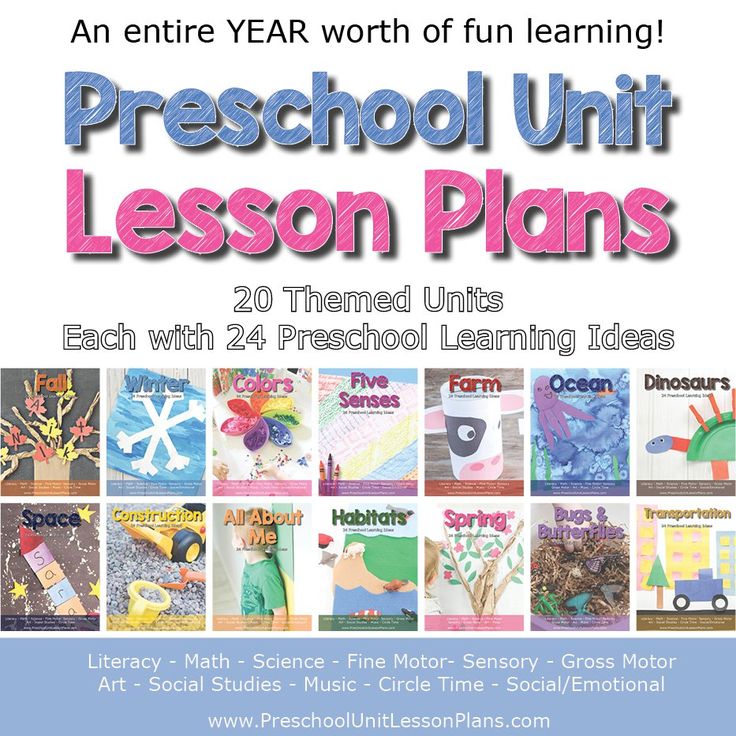
5. Communication skills: the ability to communicate and speak in public
The ability to conduct a dialogue, negotiate, convince somewhere, and give in somewhere, helps to join the team and find a common language with any person. A sociable person is more likely to reveal his abilities and succeed than someone who is stuck in communication. nine0003
6. Ability to work with information
When the information in the head is not sorted out, but falls into a heap, it is much more difficult to find and use something valuable.
For effective work and study, it is important to be able to:
- evaluate information for accuracy and reliability;
- to filter out the superfluous and empty, to highlight the main thing; nine0039 combine elements into semantic groups;
- memorize and find the right information in time.
"Who owns the information, he owns the world.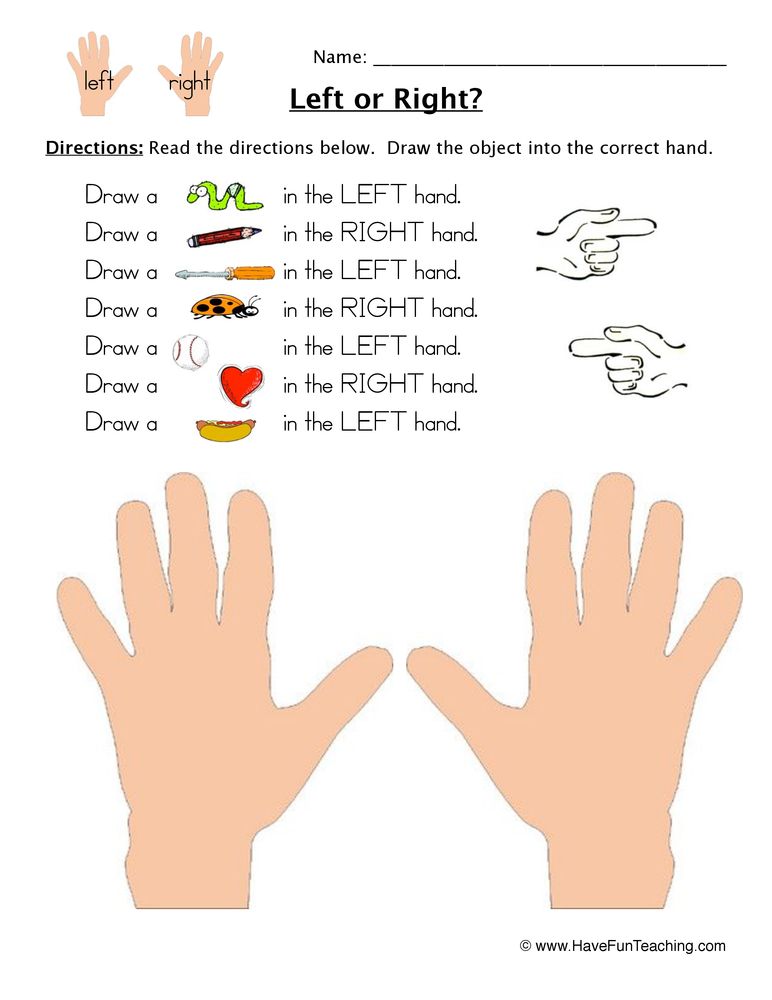 "
"
Nathan Rothschild
7. Self-organization, time management
Sometimes it seems that a person's life is organized by circumstances. School drives into the framework of lessons for 45 minutes, work creates the boundaries of an 8-10-hour working day. nine0003
But without the ability to plan things and manage your time, it is difficult to be productive. This is something that is not taught in school, but without which it is difficult to do without in life.
“I’ve been thinking about how to kill time more than once!” said Alice from Lewis Carroll's fairy tale to the Hatter. He answered her:
“How can he (time) like this? If you didn’t quarrel with him, you could ask him for anything you want.
8. Personal qualities: leadership, will, perseverance nine0085
Purposeful, stress-resistant, responsible, proactive, hardworking, able to cope with routine tasks - like a torn line from a resume of a top specialist, isn't it? All these qualities are classified as soft skills.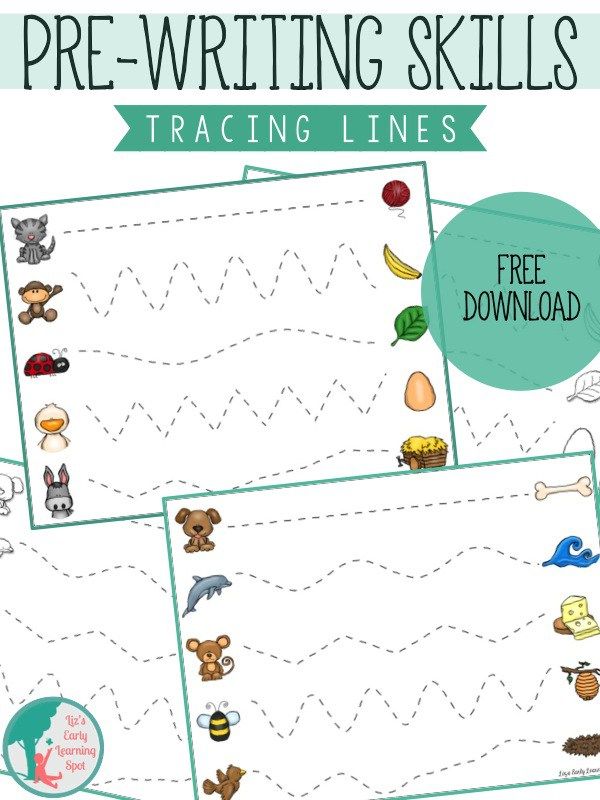 They are not related to a specific profession, but without them any work is difficult.
They are not related to a specific profession, but without them any work is difficult.
Personal qualities are formed in childhood and depend on upbringing. It is important in this regard to correctly “distribute responsibilities” between the school and parents. nine0003
Abilities and skills open up a world of possibilities for the child
It all starts with the discovery of the inclinations laid down by nature, which are easiest to develop into abilities. But without effort, even rich inclinations run the risk of remaining in the stage of unsprouted grains.
A vivid example is in the biography of the Russian painter Vasily Surikov. His inclinations for drawing appeared early, but by the time he entered the art academy, they were not developed to a sufficient degree, according to teachers. nine0003
“Is this your work? Yes, for such drawings, you should even be forbidden to walk past the Academy!
, the examiner remarked sternly.
Surikov did not agree, in three months he completed a three-year course with the artist Dyakonov and successfully entered.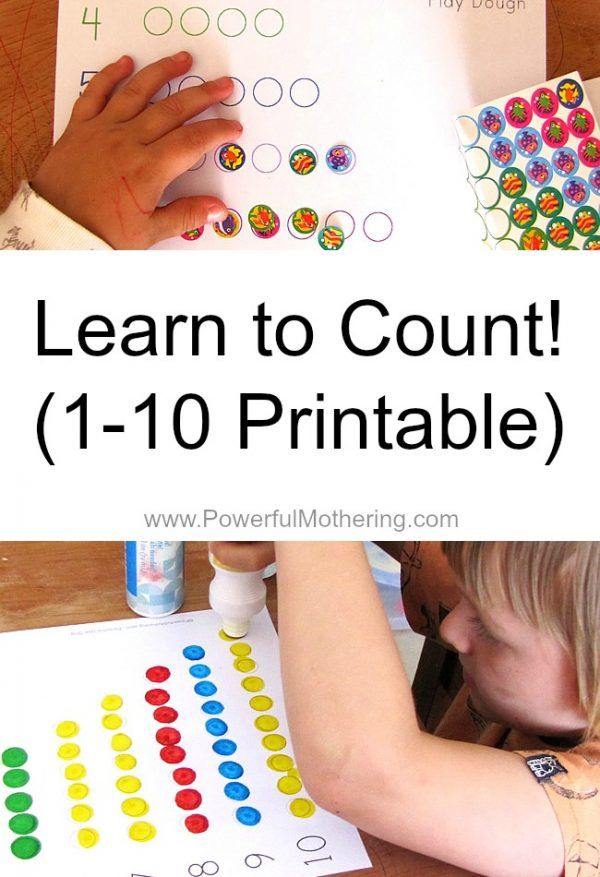 To make this example even more revealing, imagine that Surikov never discovered his ability to draw.
To make this example even more revealing, imagine that Surikov never discovered his ability to draw.
How do you like it if your child agrees with the school teacher, they say, “well, there are no abilities for mathematics and logic - a humanist”? nine0003
At any age, it's not too early and not too late!
In childhood, the potential for the distant future is laid. But does this mean that it is already too late for adults to develop their abilities? Not at all.
This is confirmed by people who debunk myths by their example. Belarusian biathlete Daria Domracheva received two higher economic educations before realizing in sports.
Self-taught artist Henri Rousseau began painting at a mature age, with only military service and customs experience behind him. It is never too late to develop and discover a second wind. nine0003
What else is worth remembering?
- Listen to your child and help him develop in what he likes. Do not try to realize only your ambitions, do not strive to grow a new Hans Zimmer or Steve Jobs.
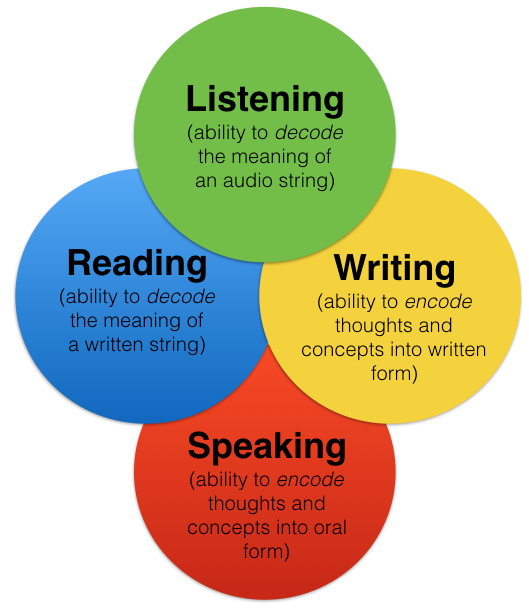
- Lay down the basic abilities that will definitely come in handy for any teenager and adult. For this, he will definitely thank you.
- Continue the development of thinking, cognitive interest and other skills with LogicLike. Our activities are fun for kids and adults! nine0040
On the LogicLike platform, we teach and develop children in a playful way, from simple to complex. Study online at any convenient time.
To share with friends:
We will teach you to reason and work with information
More than 150,000 children and parents from all over the world are already developing logic and thinking on the LogicLike website.
Start classes! Start classes! nine0003
Social skills of preschoolers - the development of social skills in children
The development of social skills is a necessary point of education. A child with a high degree of socialization will quickly get used to kindergarten, school, any new team; in the future will easily find a job.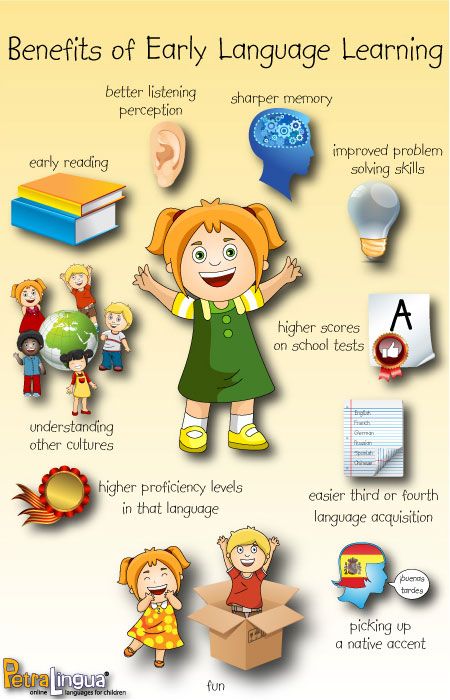 Social skills have a positive effect on interpersonal relationships - friendship, the ability to cooperate.
Social skills have a positive effect on interpersonal relationships - friendship, the ability to cooperate.
Let's figure out what social skills are.
What are social skills and why develop them? nine0009
Social skills - a group of skills, abilities that are formed during the interaction of a person with society and affect the quality of communication with people.
Man is a social being: all our talents and aspirations are realized thanks to other members of the group. Others evaluate our actions, approve or condemn our behavior. It is difficult to reach the pinnacle of self-actualization alone.
That is why social skills are important. They should be developed from early childhood and honed throughout life. nine0003
Social skills are a reflection of the child's emotional intelligence, to which educators and teachers assign an important role in the process of personality development. Without this group of skills, a smart child will not be able to apply the acquired knowledge in practice: it is not enough to create something outstanding, you need to be able to correctly convey thoughts to the public.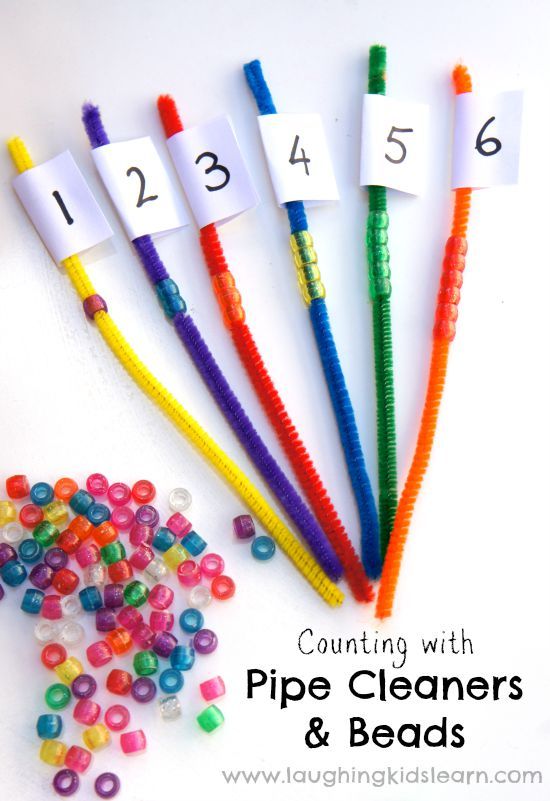
Sometimes people mistakenly believe that social skills relate exclusively to the topic of communication, communication. In fact, skills include many multidirectional aspects: an adequate perception of one's own individuality, the ability to empathize, work in a team, etc.
Why do we need social skills?
- Regulate the area of interpersonal relationships: the child easily makes new friends, finds like-minded people.
- Minimize psychological stress: children with developed social skills quickly adapt, do not feel sad due to changes in external circumstances.
- They form an adequate self-esteem from childhood, which positively affects life achievements and development in adulthood.
- Social skills cannot be separated from building a successful career: the best specialists must not only understand the profession, but also have high emotional intelligence. nine0040
Development of social skills in a child
Social skills need to be developed from preschool age, but older children and even teenagers may well learn to interact with the world.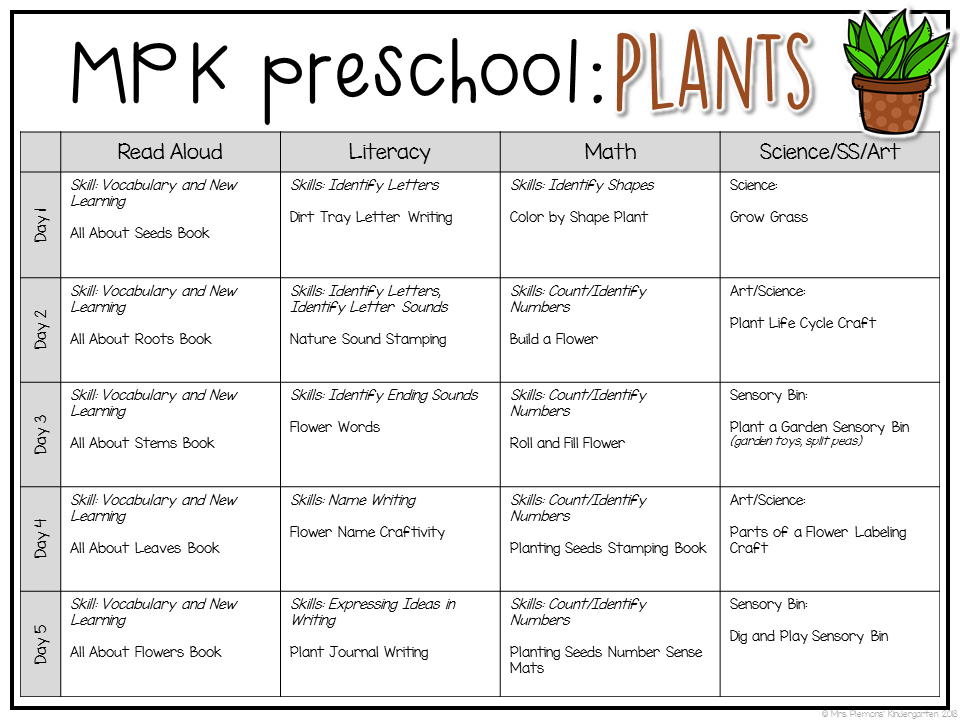
It is recommended to pay attention to areas of life that bring discomfort to the child, significantly complicate everyday life.
- Friends, interesting interlocutors: the kid does not know how to join the team, he prefers to sit in the corner while the others play.
- Verbal difficulties. The child does not understand the rules of conversation, is poorly versed in the formulas of etiquette (when you need to say hello, say goodbye, offer help). nine0040
- Problems with the non-verbal side of communication. Such a baby does not recognize the shades of emotions, it is difficult to understand how others relate to him. Cannot "read" faces and gestures.
- Does not know the measure in expressing a point of view: too passive or, conversely, aggressive.
- The child bullies classmates (participates in bullying) or is a victim.
In case of severe moral trauma, one should consult a psychologist: for example, school bullying is a complex problem that children are not able to cope with on their own.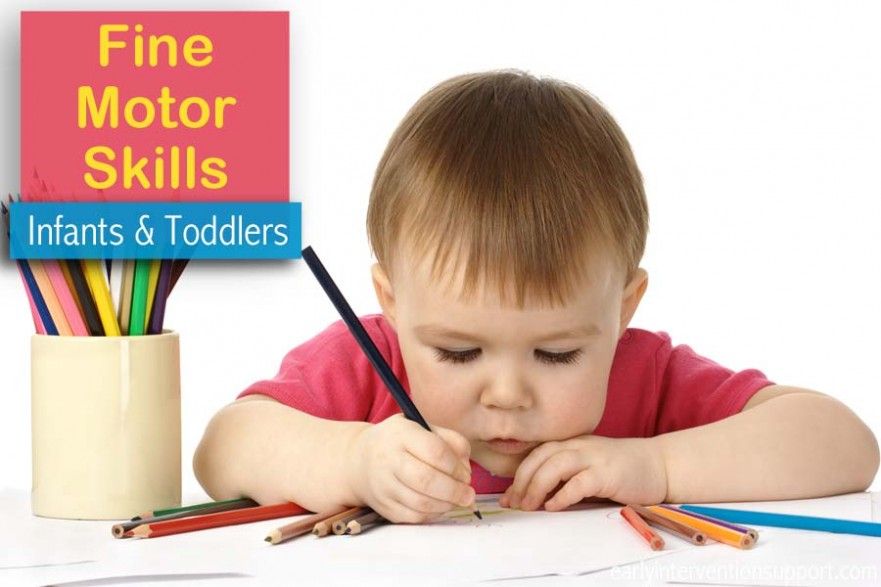 The involvement of parents and teachers is required. nine0003
The involvement of parents and teachers is required. nine0003
In other cases, family members may well be able to help the child develop social skills.
What are the general recommendations?
1. Be patient
Don't push your child to get the job done. Let them take the initiative: for example, do not rush to help during school gatherings, let the baby work on the problem on his own. The same goes for lessons and other activities.
2. Support undertakings
Children's dreams seem trifling to adults, but the initiative turns into a habit over the years and helps to discover new projects, meet people, and experiment. nine0003
3. Criticize the right way
When making negative comments, remember the golden rule of criticism: you need to analyze the work, highlighting both positive and negative aspects in a polite way. Commenting on the specific actions of the child, and not his personality or appearance - this will lead to problems with self-esteem.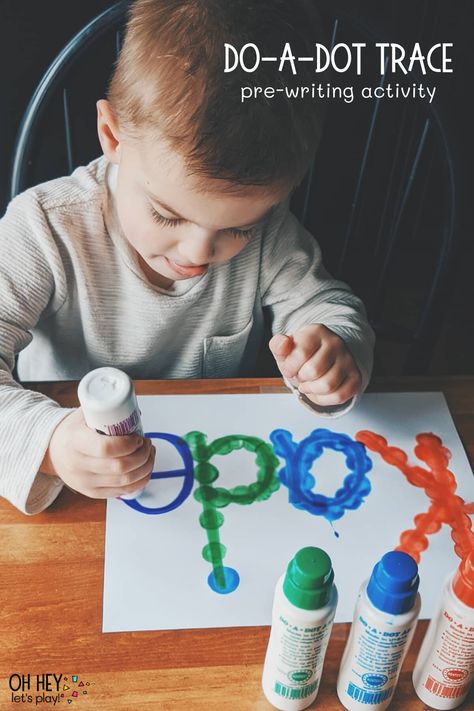
4. The right to choose
It is important for children to feel that their voice is taken into account and influences the course of events. Invite your child to personally choose clothes, books, cartoons. Ask about ideas, plans: “We are going to have a rest together at the weekend. What are your suggestions? nine0003
5. Personal space
Make sure that the baby has a place where he can be alone and take a break from talking. Personal things should not be touched: rearrange without prior discussion, read correspondence with friends, check pockets, etc.
Children, noticing the respectful attitude of adults, quickly begin to pay in the same coin; the atmosphere in the family becomes warm and trusting.
What social skills should be developed in a child? nine0009
Let's dwell on the main qualities and skills, the development of which is worth paying attention to.
1. The ability to ask, accept and give help
Without the ability to ask for help, the child will deprive himself of valuable advice; the lack of the ability to accept help will lead to losses, and the inability to provide help will make the baby self-centered.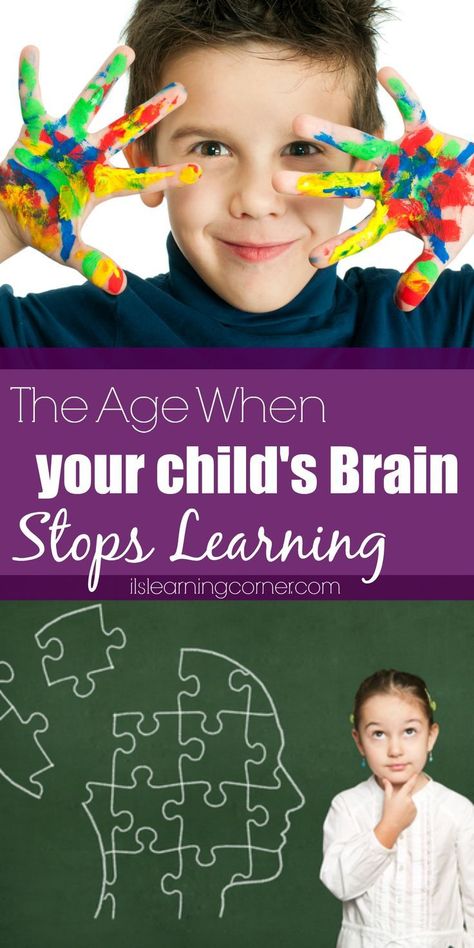
- Let the child help those in need: for example, a lagging classmate.
- Explain to your child that getting help from friends and teachers is not a shame. nine0040
- Show by personal example that mutual help enriches experience: tell how you exchange advice with colleagues, friends.
2. The ability to conduct a conversation and get the right information
Being a good conversationalist is difficult, but the skill is honed over time and brings a lot of benefits.
- Prompt your child for dialogue development options: for example, you can start a conversation with a relevant question, a request for help.
- Do not leave the child in the role of a silent listener: discussing pressing issues at home, ask the opinion of the baby. nine0040
- Support children's public speaking: reports at school, performances, funny stories surrounded by loved ones will add confidence.
3. Empathy
Empathy is the ability to recognize the emotions of others, put yourself in the place of another person, empathize.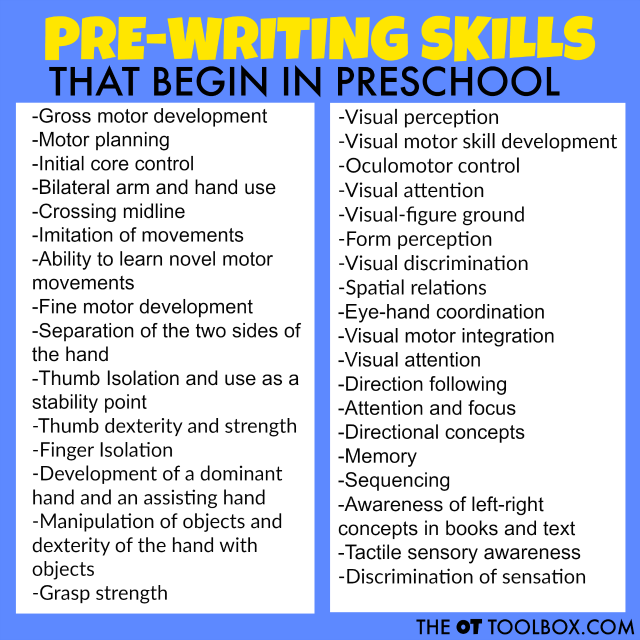
This ability will make the child humane, prudent. How can it be developed?
- Start by recognizing the child's feelings - it is useless to listen to people if the person does not feel personal experiences. Ask your baby: “How do you feel after a quarrel with friends?”, “Do you want to relax today?” nine0040
- After conflicts with classmates, ask your child how the children with whom the quarrel may feel now.
- While watching cartoons, reading books, pay your child's attention to the emotional state of the characters.
4. Ability to work in a team
Many children can easily cope with tasks alone, but this is not a reason to refuse to work in a team. It gives the opportunity to exchange ideas and experience, delegate tasks, achieve goals faster and more efficiently. nine0003
- If the child does not communicate with members of the team, try to introduce him to another social group: for example, the lack of communication with classmates can be compensated by a circle of interests, where the child will feel calmer.
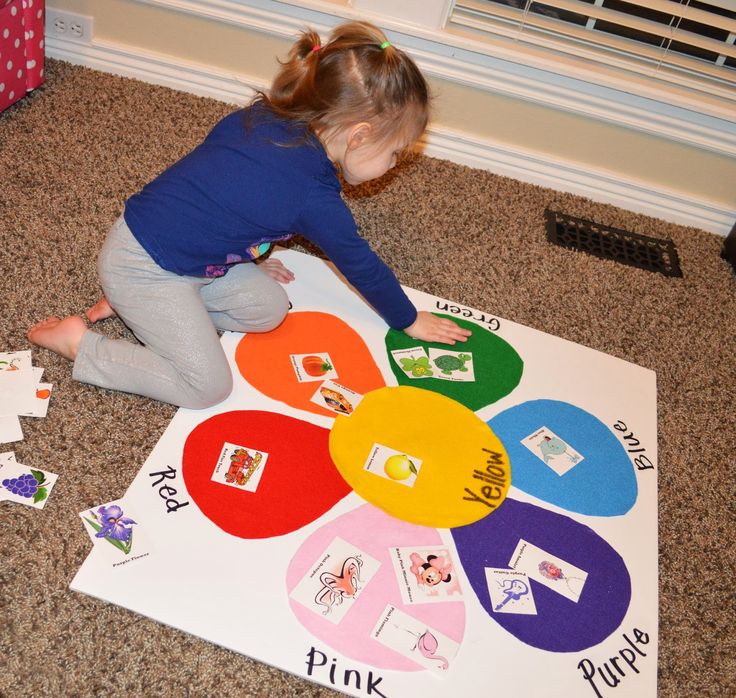
- Make the family a friendly team in which the child has his own "duties": for example, do housework, remind parents of upcoming events. Any activity related to the well-being of other family members will do. nine0047
- Respect the child's personal boundaries: do not enter the nursery unannounced, do not rummage through personal belongings and correspondence, if the matter does not concern the life and safety of the baby.
- If the child violates other people's boundaries (takes toys without permission, asks uncomfortable questions), talk about it in private.
- Talk about problems calmly, without raising your voice. Do not put pressure on the child with parental authority unnecessarily: the child is a separate person who has the right to an opinion.
- Do not judge people for views that differ from those of your family but do not affect your well-being. Show your child that the world is very different. nine0040
- You can demonstrate to children the basics of a civilized dispute, explain what arguments are, etc. It is advisable to teach this child in kindergarten.
5. Respect for personal boundaries
The absence of an obsessive desire to interfere in other people's lives is a valuable skill that helps to win people's sympathy.
6. Ability to overcome conflict situations
It is difficult to imagine our life without conflicts. The task of the child is to learn how to culturally enter into a discussion, defend his point of view, and not be led by the provocations of his interlocutors.
7. Self-confidence
Stable and adequate self-esteem is a quality that not all adults possess.
It is formed under the influence of many factors: relationships between parents, the role of the child in the family circle, the characteristics of the environment that surrounded the child in early childhood.
It is important that the child does not grow up to be either a narcissistic narcissist with fragile self-esteem, or an overly shy person.